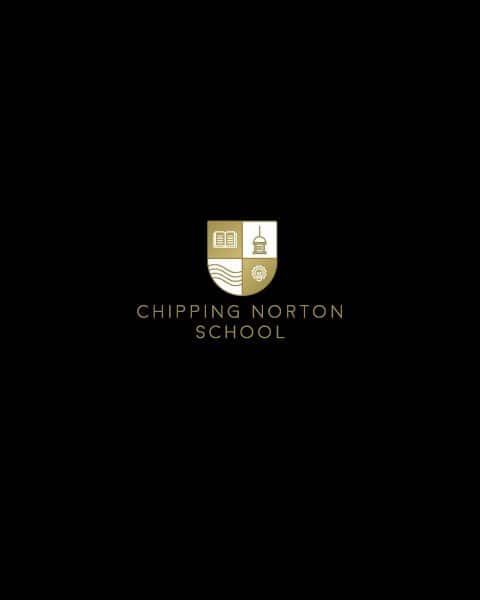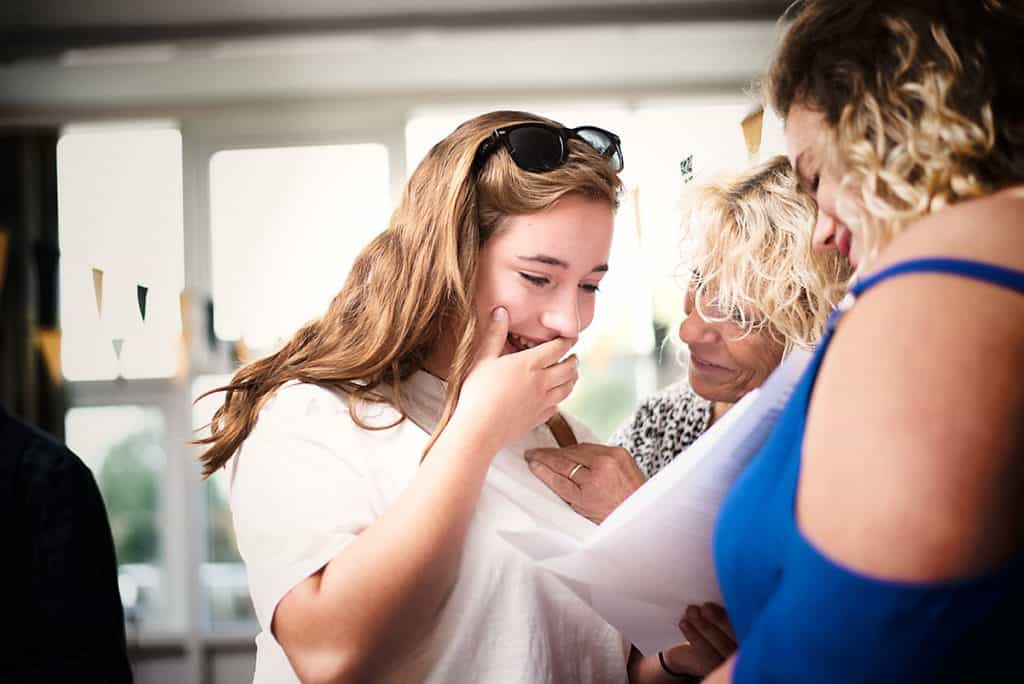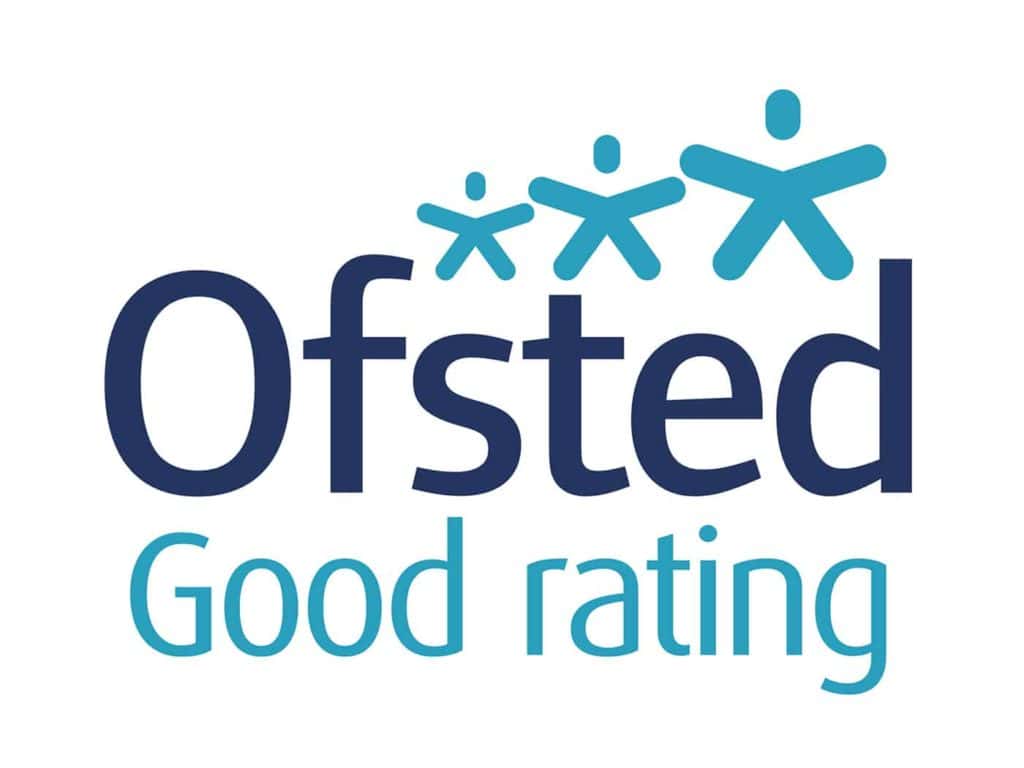Home » Our School » Exam results and performance data » Exam Information
Exam Information
Introduction
At Chipping Norton School we are committed to ensuring that candidates are fully briefed on the assessment process in place and are made aware of the required JCQ awarding body instructions and information for candidates.
Public examinations can be a stressful time for students and parents/carers, and we recognise that it’s important that all those involved are well informed.
We are fortunate to have practised for full exams during our Autumn 2023 and Spring 2024 mock seasons and that teachers have had the opportunity to provide valuable feedback to students. Hopefully, this has proved informative and helpful for you and your parents and carers.
The JCQ and awarding bodies have set down criteria which must be followed for the conduct of exams and Chipping Norton School is required to follow these.
Some of the questions you may have about exams are answered in the information in these pages. If there is anything you do not understand or any questions that have not been addressed, please ask.
If you, your parents or carers have any queries or need help or advice at any time before, during or after the exam period, please contact:
Exams Officer – Mrs Lawson
Email: [email protected]
Direct phone: 01608 656857

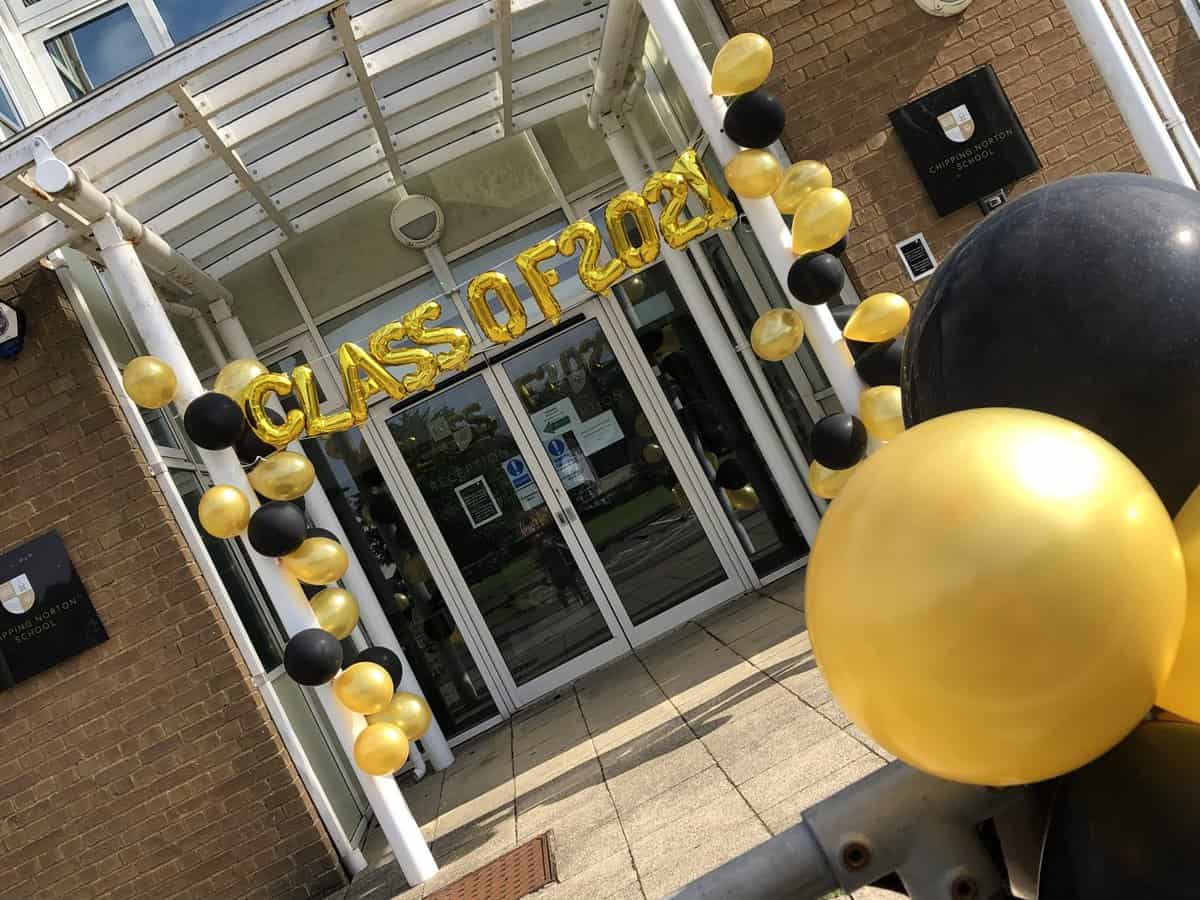
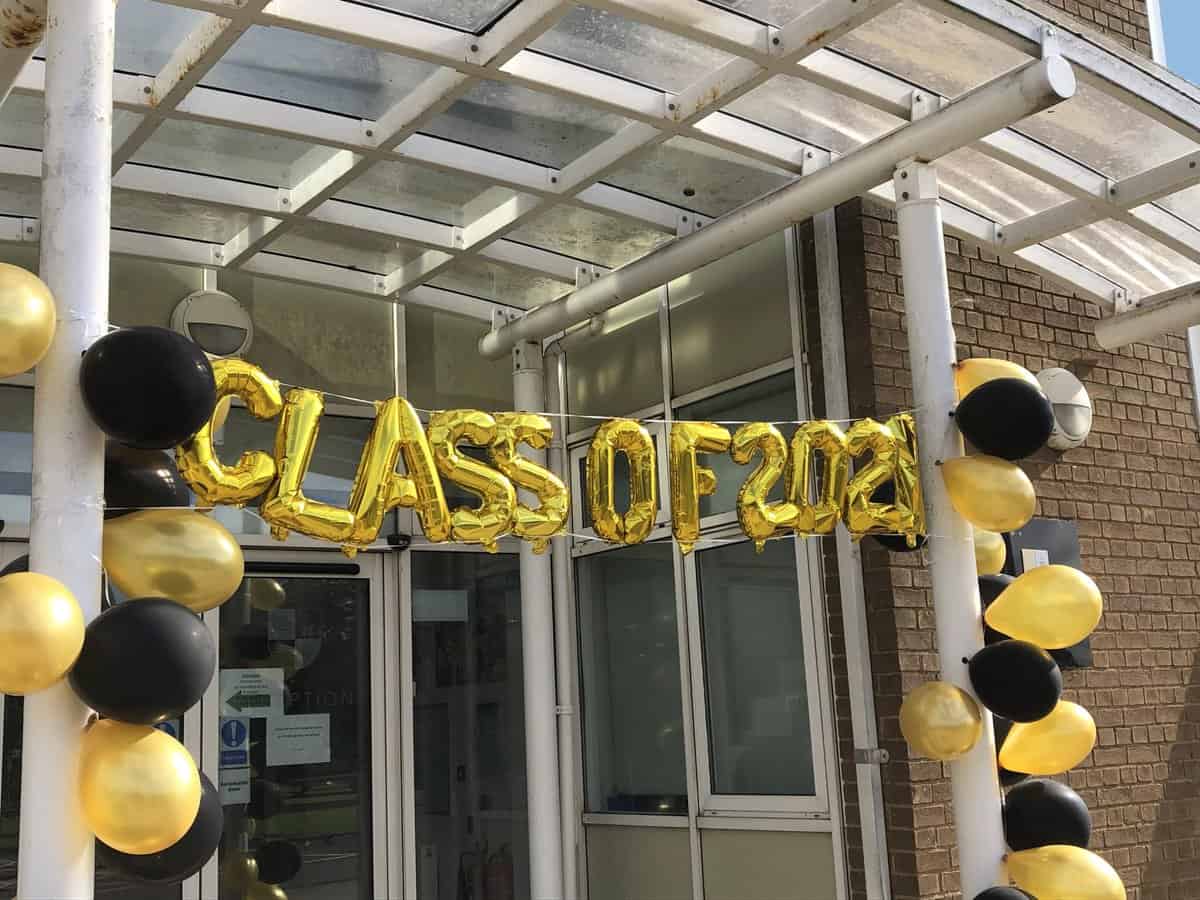
Public Exam Series
The exam season in 2024 runs from 9 May to 26 June.
The qualifications you are entered for will be examined in a number of ways, and the relevant JCQ information for candidates posters are all linked at the end or this page and from the exam information page. These are the posters you are used to seeing displayed around school during mock exams and the production of NEA work.
Candidates will be informed of when any coursework, controlled assessment or non-exam assessments (NEAs) will be taking place by their teacher and when the deadlines are for these to be completed.
You are required to sign a declaration that the work is all your own.
Once work has been submitted to the teacher, your work will be marked and then moderated to ensure marks that have been awarded are accurate.
Candidates will be informed of their mark (this will NOT be a grade) and it is possible to appeal this mark if you do not feel that the correct marking procedures have been followed. Please speak to the Exams Officer for further information or see the appeals procedure on our website.
Candidates receive an individual Statement of Entry from the school showing entry details for specific exams, this gives candidates and parents/carers an opportunity to speak with teachers where they have questions and before the final entry deadline. You must check that all personal details (date of birth, spelling of names) are accurate as these will appear on certificates and it may be difficult for you to change them once certificates are awarded. If you think these are incorrect, please speak to the Exams Officer.
A personal timetable will be given to each student, showing dates and times of each exam. Once you receive it, check it carefully. If you think something is wrong, see the Exams Officer immediately.
During all exams you will be required to follow the rules of the examinations.
The JCQ information for candidates documents can be found here: https://www.jcq.org.uk/exams-office/information-for-candidates-documents/
We enter candidates under the name format of first name + middle name + (legal) surname e.g. Adam John Smith. Candidates must use their legal surname on all exam documentation even if they use a different name in school for all other purposes. The reason for this is that exam certificates are legal documents.
It is not possible to enter students for exams in a chosen name, nickname or abbreviated name.
Following entry, an individual examination timetable will be produced, this will list all the exams you need to do. If you spot any errors or are not sure about something you see, you must speak to the Exams Officer, Mrs Lawson, as soon as you can.
Ensure you attend lessons until study leave begins. Using your GAP revision plan and attending revision lessons will help you feel more confident, and one of the best ways to reduce anxiety around exams is to ensure you are feeling fully prepared. Use your study leave sensibly and remember that you must embark on a careful and thorough revision programme that suits you.
You will already have been following the GAP plan and should have a sound revision plan in place. You may also have already have drawn up a timetable, outlining when you will study, if not, do so now! Allow yourself a little time for relaxation and social activities and having decided on your timetable, stick to it!
Check details of revision classes being held during the school day, after school and during the exam season. Make use of the knowledge and guidance of teaching staff running the sessions to help with your revision.
Last minute revision rarely produces sound results.
Once study leave begins, for those students who are given permission, students will need to ensure they sign in and out on the sheets provided. Year 13 will be able to use their fob to enter via sixth form centre, Year 11 will be greeted by the entrance near the main hall.
It is your responsibility to be present at all your examinations and arrive at least 15 minutes before the start.
The only acceptable reason for absence from an exam is on medical grounds, or crisis. Dependent on the circumstances, including your previous attendance at school we may require evidence in the form of a doctor’s note. If you are unable to attend, your parent or carer must contact the school at least 30 minutes before the exam giving full details.
If anything occurs that may impair your ability to sit an exam, (e.g. a broken arm) you must give as much notice as possible in order for us to make arrangements for you to continue with your exams.
If you miss an exam without providing medical evidence your parents/carers will be invoiced for the full amount of the exam plus an administration charge and any expenses, e.g. invigilator fees if you are eligible for 1 to 1 invigilation.
Following the exam you are free to leave the school premises, remember, if you have an exam scheduled for the afternoon session you need to be ready to line up outside the exam room 15 minutes before the start time.
If you intend to catch a school bus home you must return to school in plenty of time.
When not in an examination, if you do not have transport home, you must remain at school doing Private Study in the rooms provided. If you can get home by acceptable alternative means you may. You must remember to sign out before you leave.
You must check the end time of your exams (especially if you have extra time) and ensure you make your way to the bus park in time to catch your usual transport home. If your exam will finish after the end of the school day you must make your own arrangements to get home. If an exam begins a few minutes late we will ask the buses to wait, but when your finish time is past 3.15 you must make alternative arrangements. You need to check your timetable carefully and ask in advance if you think you will need help to get home.
If you have any concerns about this you must speak with Mrs Davison, or Mrs Davis-Batchelor.
If concerns have been raised by teachers about a students’ ability to perform as expected in public exams they may be assessed by the SEN team.
If a student is identified as requiring additional time, a reader, or a scribe for instance, an application will be made to the examination boards and the support will be arranged between the SENCo and Exams Officer to best enable the student to show their ability.
If you identify you have two or more exams timetabled in the same session (an exam clash) the school will make special timetable arrangements for you. Usually one exam, normally the longer, will be timetabled in the morning and the shorter, in the afternoon.
During the break you will be supervised by an invigilator. You may use your books to revise but will not be able to access the internet or have access to your phone. We recommend that you bring food from home for the break, this is to minimise the risk of other students trying to speak to you about the exam and reduce the possibility of malpractice.
You must check your individual timetable and see the Exams Officer if you’re unsure of what to do. If you think there is a clash on your timetable that has not been resolved, please see the Exams Officer immediately.
The main locations for exams are the main hall, E block, and upstairs in sixth form. Please check your timetable carefully as exams can be held in any room in school. Some students will have taken mock exams in smaller rooms, and although we will endeavour to sit you for your public exams in the same rooms as your mocks this may not always be possible.
If you have a question or concern about where you will be sitting for your exam please speak with Mrs Lawson.
Morning exams will start at 9am
Afternoon exams will start 1.15pm (Please check your school email regularly, as this is how seating changes are notified.) Candidates are responsible for checking their own timetables and arriving at school on the correct date and time. Candidates should arrive at least 15 minutes prior to the start of their examination.
Exams are supervised by a team of invigilators who you will be familiar with from your mock exams. Some students, who have access to a scribe, reader, etc. may have their exam invigilated by a member of the school’s learning support team. A roving invigilator will also visit these rooms and may stay in the room for part of the exam.
Students are expected to behave in a respectful manner towards all invigilators and follow their instructions at all times.
Invigilators are in the examination rooms to supervise the conduct of the examination. They will distribute and collect the examination papers, tell candidates when to start and finish the examination, hand out extra paper if required and deal with any problems that occur, for example if a candidate feels ill.
Invigilators cannot discuss the examination paper with you or explain the questions. If you ask the invigilator a question they are not allowed to answer they will make this clear.
Invigilators must follow strict rules and regulations when conducting exams as directed by JCQ and awarding bodies. They report every incident in the exam room including students staring into space, and the number of times loo breaks are requested.
An invigilator may check if you are okay if they are concerned about you.
A copy of the ‘Information for Candidates’, which is issued by JCQ on behalf of the awarding bodies, is linked at the bottom of this page, and on our exam information home page. All candidates must read this carefully and note that to break any of the examination rules or regulations could lead to disqualification from all subjects.
The school must report any breach of regulations to the awarding body.
- Candidates are under exam conditions from the moment they enter the exam room until they are given permission to leave and have reached the designated non exam area.
- Candidates must listen to and follow the instructions of the invigilator at all times in the exam room.
- Candidates must not communicate with other candidates.
- All required information is displayed in the exam room (centre number, start and finish times etc.)
- All candidates must complete the front of their answer books with their correct first name, surname, centre number, candidate number, paper details etc.
- If the use of additional answer sheets/answer books is required, please ensure that all personal information is completed on the front of each additional sheet.
- Do not write on the examination desk.
- Do not draw graffiti or write offensive comments on the examination paper – if you do the exam board will refuse to accept your paper.
- Listen carefully to instructions and notices read out by the invigilator – there may be amendments to the exam paper that you need to know about.
- Check that you have the correct exam paper – check the subject, unit and tier.
- Read all instructions carefully and number your answers clearly.
- You must not begin writing, even to complete your candidate details until you are told to do so.
- Candidates must stay in the examination room for the whole duration of the examination. If you have finished the paper use any time remaining to check over your answers and ensure you have completed your details correctly.
- At the end of the examination all work must be handed in – remember to cross out any rough work. If you have more than one answer book or loose sheets of paper ask for a tag to fasten them in the correct order. Also ensure your name and candidate number is written on each additional piece of paper.
- You remain in exam conditions during collection of papers.
- Remain seated in silence until told to leave the examination room. Please leave the room in silence and show consideration for other candidates who may still be working.
You are responsible for bringing your own equipment to exams. We recommend that you bring a minimum of 2 black pens, 2 pencils and a ruler to your exams. For some exams you will also need a calculator and geometrical equipment.
You must provide your own calculator, as it is best to be familiar with your own equipment. We have a limited supply of calculators for breakdown emergencies only, regulations prohibited the borrowing of calculators from another candidate in the exam room. This means, if you do not have a calculator you must not assume the invigilator will have one for you. Once all calculators have been given out in an exam they cannot be reissued.
Remove any cover or instructions and make sure the batteries are new. Where the use of a calculator is allowed, candidates are responsible for making sure that their calculators meet the awarding bodies’ regulations.
Calculators must be:
- of a size suitable for use on the desk;
- either battery or solar powered;
- free of lids, cases and covers which have printed instructions or formulas.
Calculators must not:
- be designed or adapted to offer any of these facilities:
- language translators;
- symbolic algebra manipulation;
- symbolic differentiation or integration;
- communication with other machines or the internet;
- be borrowed from another candidate during an examination for any reason;
- have retrievable information stored in them – this includes:
- databanks;
- dictionaries;
- mathematical formulas;
The candidate is responsible for the following:
- the calculator’s power supply;
- the calculator’s working condition;
- clearing anything stored in the calculator.
Your equipment must be visible to the invigilators at all times. Use a clear pencil case or plastic bag to keep it together. Pens must be black and correction pens and the frixon type of erasable pen are not allowed, this is due to the way exam papers are processed for marking – some boards use scanners which heat the paper and marks made in erasable ink may be lost. It also means your answers are secure after the exam and in transit.
Click here to see a video on how to prepare your calculator for exams.
Click here to see a PDF from Casio on how to prepare your calculators for exams.
Examination regulations are very strict regarding items that may be taken into the examination room (please see ‘Information for Candidates’.
If you break these rules it could result in disqualification.
Mobile phones and other electronic devices MUST BE SWITCHED OFF AND HANDED IN AT THE START OF THE EXAMINATION. If a mobile (or any other type of electronic communication or storage device) is found in your possession during an examination (even if it is turned off) it will be taken from you and a report made to the appropriate Awarding body. This could result in disqualification.
Wrist watches must be handed in.
No food is allowed in the examination room. If a candidate needs to take medication, they should inform the exams officer prior to the exam.
Bottles of water may be taken into the examination room however they must be clear and without any labels. Plain, solid colour bottles will not be allowed in the exam room.
Full school uniform must be worn by all students (Sixth Form students should wear appropriate clothing) Hoodies and coats are not allowed in the exam rooms.
Sixth form students must wear their photo ID badges to all exams.
Bags and coats are not permitted in the exam room and these should be left in the space designated by the invigilator at the time of the exam.
All mobile phones and smart watches must be switched off and handed in as you enter the exam. You will be given a ticket which you need to use to retrieve your phone and/or smart watch at the end of the exam. Any phones/ watches left in the room will be stored securely by the exams officer until retrieved.
Provided you are not more than 1 hour late, it may still be possible for you to sit the examination.
You should contact school as soon as you are aware you will be late.
You should get to school as quickly as possible and go straight to Reception. A member of staff will escort you to the exam venue to report to the invigilator. Please note that if you arrive after the hour, it may still be possible for you to sit the exam, but the Examination Board may not accept the paper.
If you feel unwell during the exam, put your hand up and an invigilator will assist you. You should inform an invigilator if you feel ill before, or during an exam and if you feel this may have affected your performance. It may be possible to apply for special consideration on your behalf. This will only be possible where invigilation notes have been added to the seating plan at the time of the exam.
If you experience difficulties during the examination period (e.g. illness, injury, and personal problems) please inform the school at the earliest point so we can help or advise you.
The telephone number of the main school reception is 01608 544998. The exam officer may not pick up an email on the morning of the exam in time to assist you.
In the case of an accident that means you are unable to write it may be possible to provide you with a scribe to write your answers but will need as much prior notice as possible.
You will need to obtain medical evidence (from your GP or hospital) if you wish the school to make an appeal for Special Consideration on your behalf.
You must contact the school at least 30 minutes before an exam giving full details if you are unable to attend due to illness.
Any missed examinations may be charged to your parents/ carers.
On very rare occasions, a problem may arise during the exam season where it may be possible to apply to the exam board for special consideration.
Candidates will only be eligible for special consideration if they have fully prepared and covered the whole course and their performance in the examination or in the production of coursework is affected by adverse circumstances beyond their control. Examples of such circumstances may be illness, accident or injury, bereavement, or domestic crisis.
Long term and managed illnesses are not normally eligible for special consideration as these are dealt with under access arrangements.
Upon receipt of an application for special consideration which meets the eligibility criteria, the awarding body may make an adjustment to the candidate’s result, post marking, to take into consideration the situation. The allowance for special consideration is from 0% (consideration given but addition of marks considered inappropriate) to 5% (reserved for exceptional cases).
Candidates and their parents/carers should be aware that any adjustment is likely to be small and no feedback is provided.
If you think an application to the exam board may be appropriate you should contact the exams officer immediately, so that the necessary paperwork can be completed and the candidate can provide evidence to support any application.
Only in ‘exceptional circumstances’ are candidates allowed special consideration for absence from part of an examination. It is essential that medical or other appropriate evidence is obtained on the day by the candidate, parent or guardian and given to the Exams Officer without delay in all cases where an application is to be made for special consideration.
For the award of a grade by special consideration, a candidate must have completed a percentage of the external assessment. This would include the examination and/or coursework/controlled assessment/NEA.
Examinations must always be taken on the published time and date. If you miss an exam, you will not be able to take the exam on another day.
Examples of situations where consideration will not be applied for include:
- hay fever generally and not on the day of the exam,
- managed illness, e.g. migraines and not on the day of the exam
- sleeping late and rushing to get to the exam
- results of partying
To make an application the Exams Officer and Head of Centre must be sure the application is for a valid reason. If an application is made and evidence suggests details have been falsified the application will be withdrawn and the exam board notified. A false application may be viewed as malpractice by the exam board.
If the fire alarm sounds during the examination the invigilator will stop the exam and will tell you what to do.
Please do not panic.
If you have to evacuate the room you will be asked to leave in silence and in the order in which you are sitting.
You will be asked to close your exam paper and leave everything on the desk. You will then be dismissed row by row and escorted to the exams assembly point, on the MUGA. You must not attempt to communicate with anyone else during the evacuation as you remain under exam conditions.
When all candidates are at the assembly point a register will be taken and the attending services notified if any candidates are missing.
When you return to the exam room do not start writing until the invigilator tells you to. You will be allowed the full working time for the examination and a report will be sent to the awarding bodies detailing the incident.
Students should familiarise themselves with the notices at the back of this booklet.
Any alleged, suspected or actual incidents of malpractice will be investigated and reported to the examination board.
Malpractice includes instances of plagiarism during non-examination assessments.
Cases of malpractice may result in disqualification.
If you require a copy of our appeals process please see the Exams Officer, a copy can also be found on the exams notice board.
A Level Results will be available for collection on Thursday 15 August 2024.
GCSE results will be available for collection on Thursday 22 August 2024.
If you would like any other person (including family members) to collect your results on your behalf, you must inform us prior to results day, we will not give your results to anyone else unless you have already told us this is what you want us to do. You must also give them written authorisation and the person collecting the results will need to bring a form of identification with them, this applies to anyone collecting your results as the staff on the day may not know parents and carers.
Candidates who do not wish to collect results in person may have them emailed.
Results will not be given out over the phone.
Staff will be in school to support students on results day and Friday. It is important that if you need to discuss any aspect of your ongoing education you make time to see staff on these days.
We operate an appointment system.
If you’d like to request an exam paper review, this is called Enquiries about results’ (EAR) services, you’ll need to speak to the Exams Officer, who will ask the Exam board to review the marking of your question paper on your behalf.
Any request for a review must be accompanied by a consent form signed by the candidate.
A cost will be incurred for this service. Please speak to the Exams Officer for more information.
Certificates for the summer exams will be available in November/December 2019.
We will send you a reminder nearer the time to invite you to collect your certificates.
Students will need to collect and sign for their certificates in person or provide written permission for a member of their family to collect the certificates. If someone else collects certificates on your behalf they will need to bring identification with them.
We are not required to keep certificates for longer than a year, any uncollected certificates may be destroyed. Copies can be obtained from the relevant exam boards at a cost.
Absence from and exam
You must contact the school at least 30 minutes before an exam giving full details if you are unable to attend due to illness.
Any missed examinations may be charged to your parents/ carers.
If you experience difficulties during the examination period (e.g. illness, injury, and personal problems) please inform the school at the earliest point so we can help or advise you.
The telephone number of the main school reception is 01608 544998. The exam officer may not pick up an email on the morning of the exam in time to assist you.
In the case of an accident that means you are unable to write it may be possible to provide you with a scribe to write your answers but will need as much prior notice as possible.
You will need to obtain medical evidence (from your GP or hospital) if you wish the school to make an appeal for Special Consideration on your behalf.v
HELP AND ADVICE
If you or your parents/carers have any queries or need help or advice at any time after the results are issued and you cannot find the answer please contact:
Exams Officer – Mrs Lawson
Email: [email protected]
Direct phone: 01608 642007 ext.259
Exam Officer
- Mrs Lawson
- Email : [email protected]
- Call : 01608 642007


